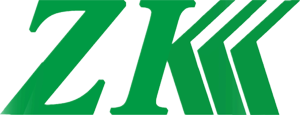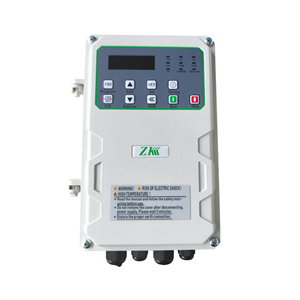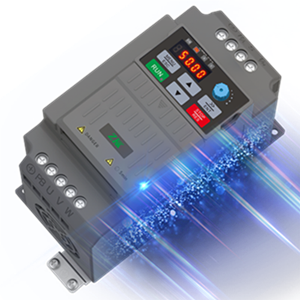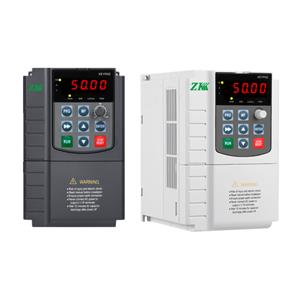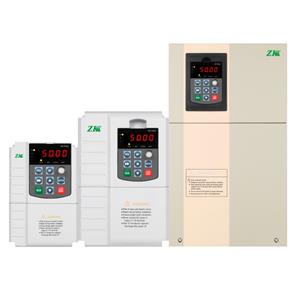Innovation of inverters for desalination and aquaculture drive
As the global water shortage problem intensifies, the demand for sustainable energy solutions in the fields of seawater desalination and aquaculture is growing rapidly. As the core driving device, solar water pump inverters are facing new challenges such as high salt spray environment and high power fluctuations, which drive manufacturers to accelerate technological innovation.
High salt spray environment forces technology upgrade
In seawater desalination projects, traditional water pump inverters are exposed to highly corrosive salt spray environments for a long time, causing circuit boards to rust and shorten their lifespan. A domestic inverter company recently launched a "fully sealed anti-corrosion" product, which uses IP65 protection level and nano-coating technology to reduce the failure rate of equipment in coastal areas by 40%. Industry experts pointed out that corrosion-resistant design will become standard in the future and will need to pass higher standards of salt spray testing (such as IEC 61701).
Demand for high power and stability surges
Aquaculture farms need to continuously power aerators and circulating water pumps, and have strict requirements on the power output stability of inverters. The "multi-machine parallel" solution developed by a Jiangsu company supports automatic switching to a backup machine when a single inverter fails, ensuring 24-hour system operation. In addition, the "light-storage-pump" system for tidal energy complementarity has also entered the trial stage, which can alleviate the problem of insufficient power supply on cloudy days.
Intelligent management reduces operation and maintenance costs
Desalination plants and breeding bases in remote sea areas are in urgent need of remote operation and maintenance support. The new inverter integrates 4G modules and AI algorithms to monitor water quality, pump flow and other data in real time and predict equipment loss. For example, after a project in Shandong was applied, the cost of manual inspection was reduced by 60%. The manufacturer said that in the future, satellite communication technology will be further integrated to cover sea areas without network.
Industry Outlook: According to research organization Wood Mackenzie, the global demand for solar water pumps in the field of seawater desalination will increase by 35% in 2025, and the market share of aquaculture will also exceed 20%. Faced with this blue ocean, inverter companies need to continue to make breakthroughs in weather resistance, intelligence and system integration to seize market opportunities.
ZK Solar Pump Inverter leads innovation with salt-proof IP65 design and AI-driven stability, empowering desalination and aquaculture in harsh environments. Seize the 35% growth opportunity—future-proof your water solutions today.
